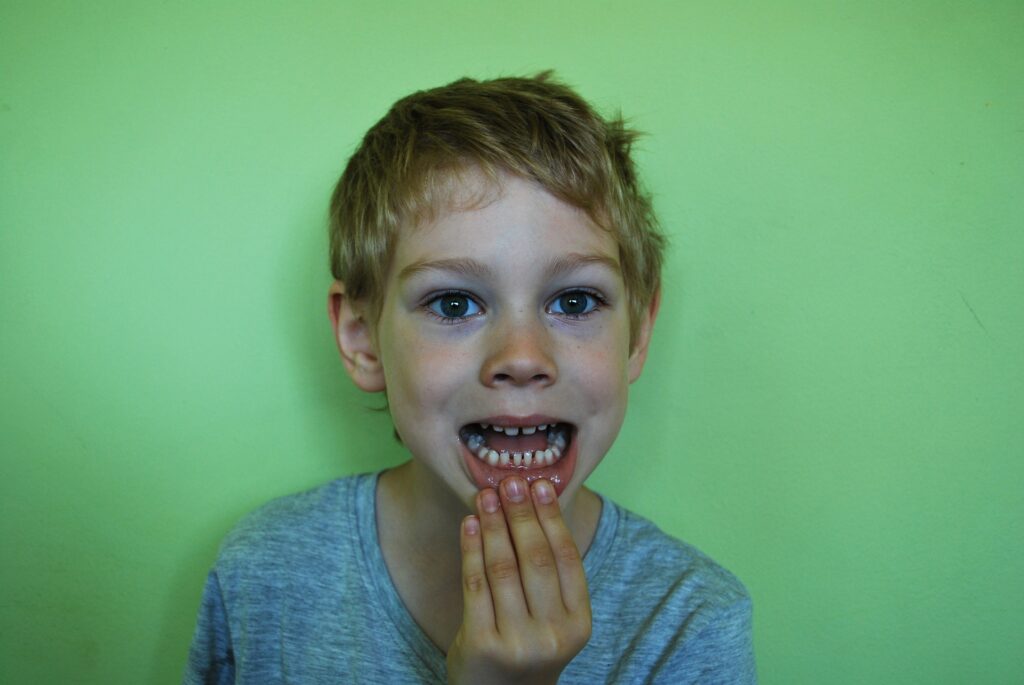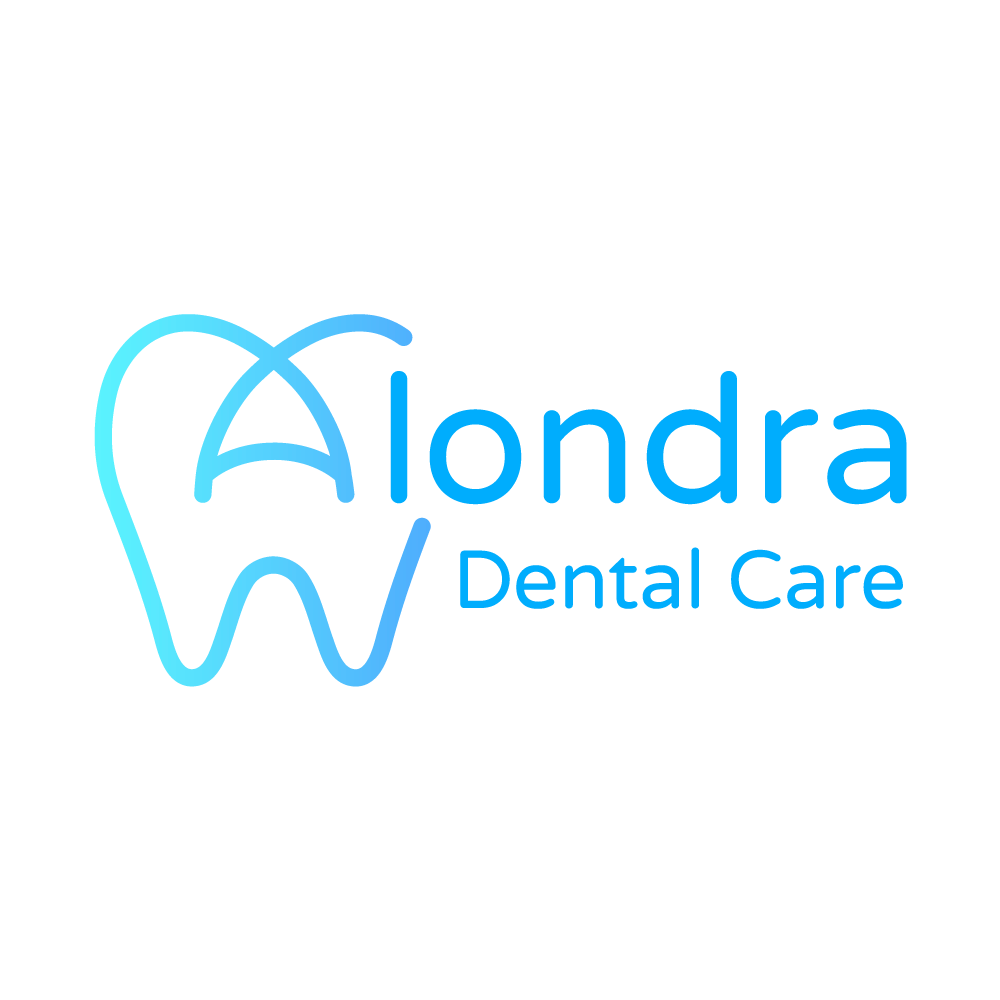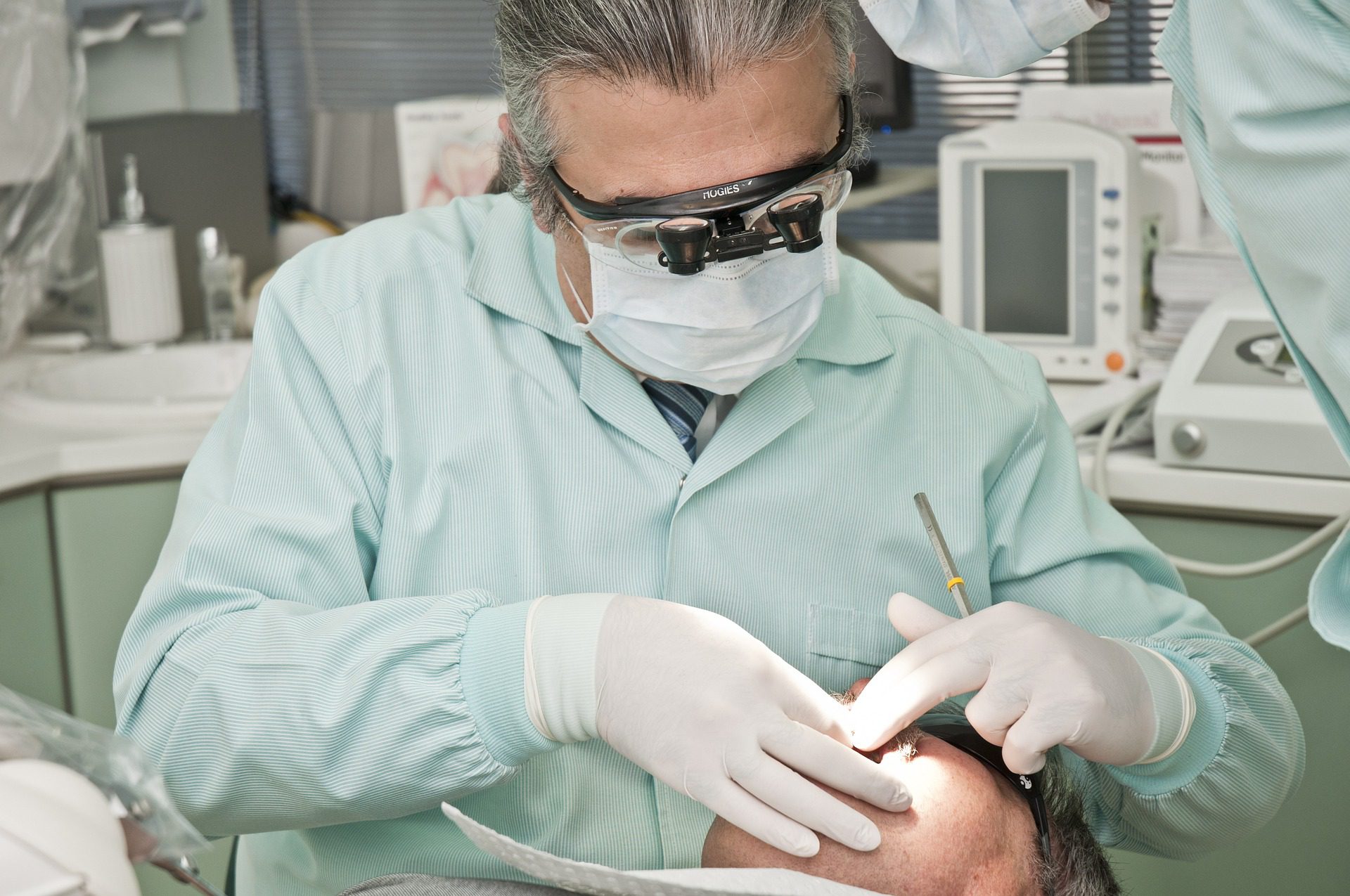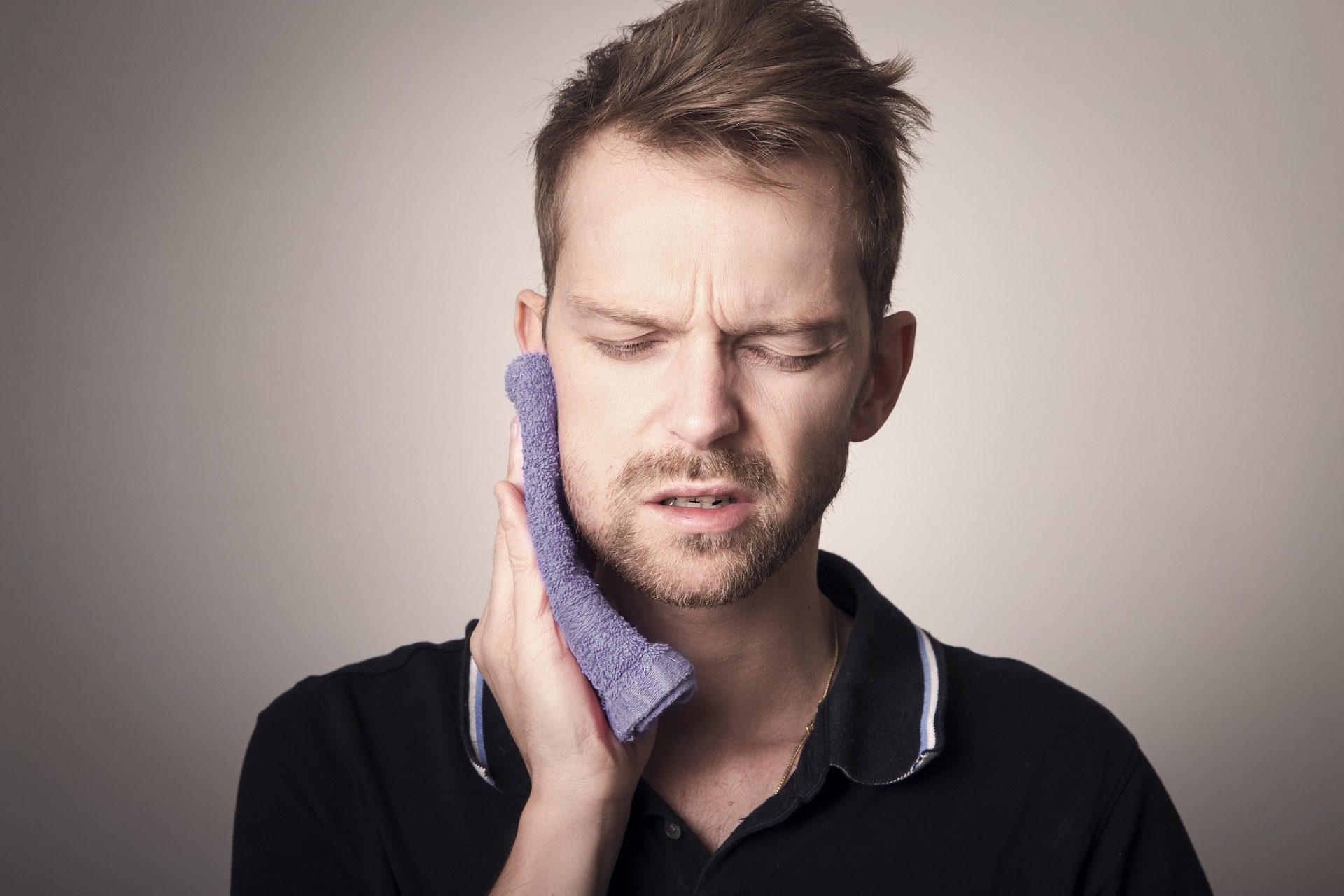You hand your child the ice cream bar they’ve been dreaming about all day while singing, “I Scream, You Scream, We All Scream For Ice Cream,” and their smile doubles in size. They hurriedly bite into the frozen treat, and you expect them to scream, “Yum!” But they don’t. Instead, what follows is an “Ouch!”
Then, tears.
You realize your child likely has a cavity, and seeing them in pain makes you want to scream.
The good news? You can help prevent painful cavities in your child by understanding the common causes of pediatric dental decay in children. Let’s explore the main causes of pediatric tooth decay and how to keep these “sugar bugs” at bay.
Pediatric Dental Decay Cause #1: Bacteria Exposure
Caregivers and parents sometimes pass decay-causing bacteria to their babies’ mouths without realizing it. You might do this by testing the temperature of a beverage or food item and then feeding your child with the same cup or spoon used to do the test. Sucking on a pacifier to clean it before reinserting it into your little one’s mouth is another way to expose your child to bacteria that may cause pediatric dental decay.
Cause #2: Sugar Exposure
Pediatric tooth decay may develop whenever your child’s gums and teeth become exposed to foods or liquids besides water. This is why you should avoid leaving the following beverages in your baby’s crib at naptime or nighttime:
- Sugar water
- Soft drinks
- Juice
- Milk
- Formula
Your little one may also develop cavities if they’re allowed to consume the above-listed drinks constantly during the day in their bottle or sippy cup, so give them water instead. Minimize your child’s intake of the following sugary and carb-rich foods to further protect their teeth from cavities:
- Candy
- Chips
- Cookies
- Crackers
- Cake
- Bread
- Cereals
These items provide the energy that oral bacteria need to grow. These bacteria then produce acids that can damage your child’s tooth surfaces, increasing their risk of dental decay.
Cause #3: Lack of Fluoride
Your child might be more susceptible to pediatric dental decay if they don’t receive enough fluoride, a mineral required to strengthen the teeth’s outer layer (enamel) and prevent decay. Fluoride is present in some local water supplies, mouthwashes, and toothpastes. However, if your home’s tap water or dental products don’t contain enough fluoride, your child may be more prone to developing cavities.
Cause #4: Lack of Dental Hygiene
Another reason your child may develop pediatric tooth decay is subpar oral hygiene at home. Even though toddlers (children ages 1-3 years) and babies (children ages 0-1 year) don’t have all their teeth yet, they should still have solid dental hygiene routines. For instance, gently clean your baby’s gums and tongue with a washcloth after feeding sessions, and use a pea-sized amount of toothpaste and a pediatric toothbrush to delicately brush your toddler’s teeth. Your child should brush their pearly whites twice daily for two minutes to prevent pediatric dental decay.
Cause #5: Medical Conditions Or Genetics
Some medical conditions may increase a child’s chances of developing pediatric dental decay. These include the following:
- Diabetes
- Leukemia (blood cancer)
- Liver disease
- Kidney disease
- Heart disease
These conditions may contribute to an increased risk of cavities because diseases may weaken the immune system, which might make it more difficult for your child’s body to ward off oral inflammation and infections. Diseases might also alter their mouth’s pH balance, causing it to become more alkaline or acidic. This may affect their teeth’s mineral composition, which might make your child more prone to decay.
Genetics may contribute to dental decay in children, too. Some children are more prone to developing cavities due to their tooth enamel’s structure or the amount of bacteria in their mouths.

Pediatric Dental Decay Prevention Tip #1: Practice Good Oral Hygiene
Brushing your child’s teeth twice daily as mentioned earlier and flossing once daily may help prevent children from developing pediatric tooth decay. Flossing is important for combatting pediatric dental decay since it can help you access the areas between your child’s teeth, which their toothbrush can’t reach. Your child’s dentist can take pediatric dental x-rays of their teeth during their next appointment to spot cavities and then treat them through procedures like dental fillings.
Prevention Tip #2: Promote a Healthy Diet
Reducing how many snacks your little one eats throughout the day as highlighted earlier is another way to prevent pediatric dental decay. You should also encourage healthy eating, including consuming cheese, raw vegetables and fruits (e.g., carrots, celery, apples, oranges), and peanut butter. These foods are nutrient-rich.
Prevention Tip #3: Visit the Dentist
Your child should visit the dentist for regular six-month checkups and dental cleanings before they turn 1. They can start at 6 months old. The sooner a dentist cleans and examines their teeth, the more likely your child is to avoid developing pediatric dental decay.
A pediatric dentist may also recommend placing dental sealants on your child’s back teeth. These thin plastic layers will protect your child’s molars from plaque development that may lead to decay.
Combat Pediatric Tooth Decay With Help From Alondra Dental Care
At Alondra Dental Care, we’re a leading provider of a wide range of dental services in Norwalk, CA. We perform dental exams and teeth cleanings for both children and adults. Our team also provides restorative dental procedures (e.g., dental crowns and dentures) and cosmetic procedures (e.g., tooth whitening and dental bonding to repair cracked or discolored teeth ). We use state-of-the-art equipment, offer a comfortable and thoroughly sterilized environment, and make dental care and information easily accessible with our extended office hours.
We stand out for our exceptional patient service, as we carefully listen to our patients, explain what to expect during every appointment, and offer convenient sedation options. Feel free to bring music and headphones to make your appointment more relaxing. Give us a call to learn more about our services, and book an appointment today!




